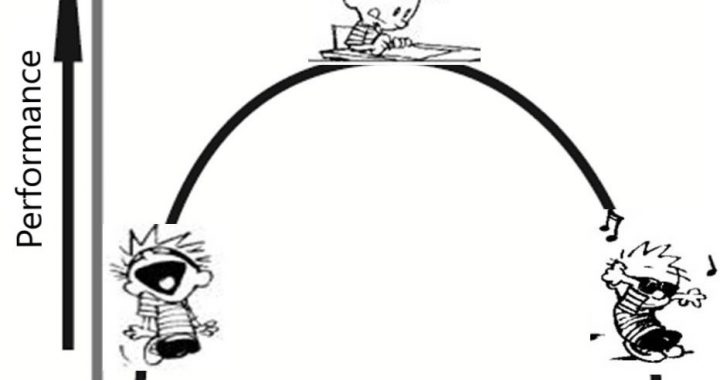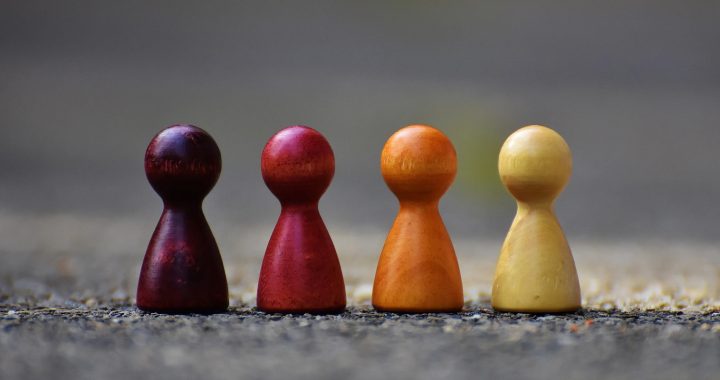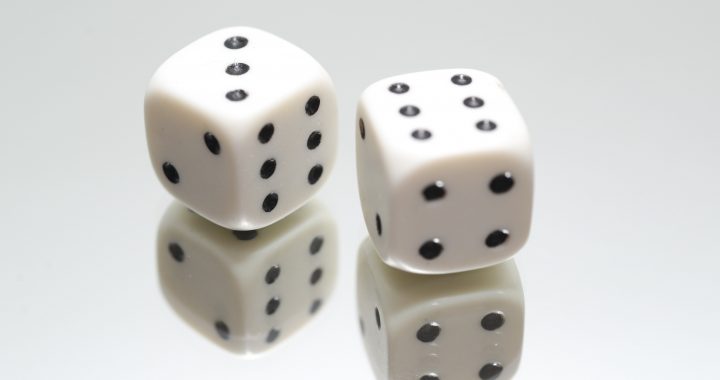
I spy with my little eye something (dis)similar to what just passed by
You see what you see, right? Well, it’s not that simple. It turns out that

You see what you see, right? Well, it’s not that simple. It turns out that

Ritalin is prescribed to people diagnosed with ADHD so that they can study better. For this reason, students without ADHD have also begun to use Ritalin. But does such a pill work as well for them as it does for students with ADHD?

Since May, the protests centered around the Black Lives Matter movement have forced us to gaze into a mirror and ask ourselves this very question. Resultant discussions among friends, in the news, and on social media have shown us that we must no longer ignore racism or remain silently complicit in its propagation. This uncomfortably challenging examination of ourselves and society requires an open mind and honest self-reflection.

The level of your intelligence is fixed. You can’t train it as if it’s a muscle—at least that’s what I was taught during my bachelor’s in Psychology. A new meta-analysis is not so sure about this ancient mantra. It shows that even adults can raise their IQ scores…by performing boring tasks endlessly.

Intelligence is one of the most studied aspects of human cognition. However, it seems that IQ – the intelligence quotient – does not accurately represent intelligence. In fact, the way IQ is determined encourages racism, and the scientific community is not free from these biases.

During quarantine, there is a prominent lack of rewarding stimuli and a severe sense of lack of control over what is happening. What can we do to hit the reward centers of our brains and regain some minimum sense of control?

After weeks of strict regulations, experts are deciding how we can leave lockdown without too many risks to our society. Importantly though, merely the way we describe risks can influence which strategy we choose.

Besides an alarming death toll, a shrinking world economy, and a renewed appreciation for thorough handwashing, the current COVID-19 pandemic has further exposed humans everywhere to another contagion: belief in the face of overwhelming evidence to the contrary. Why is it that some people tend to stick to false beliefs?

All day long we predict what we think we’re seeing. But sometimes groups of neurons in our brain disagree and start to compete. This is how images can get quite confusing.

“We are, as a species, addicted to story. Even when the body goes to sleep, the mind stays up all night, telling itself stories.” — Jonathan Gottschall, The Storytelling Animal: How Stories Make Us Human